#english grammar
Text
Vote before looking in the comments as I'm sure people will have things to say that could influence your vote.
–
We ask your questions so you don’t have to! Submit your questions to have them posted anonymously as polls.
#polls#incognito polls#anonymous#tumblr polls#tumblr users#questions#polls about language#submitted nov 21#linguistics#grammar#language#english language#english grammar
1K notes
·
View notes
Text
me: yeah, i’m a writer. i write. in english. a language that is not my mother tongue. how cool is that?
also my searching history:
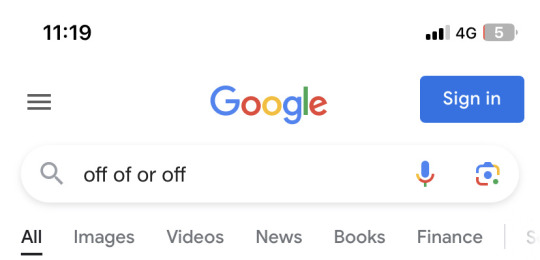
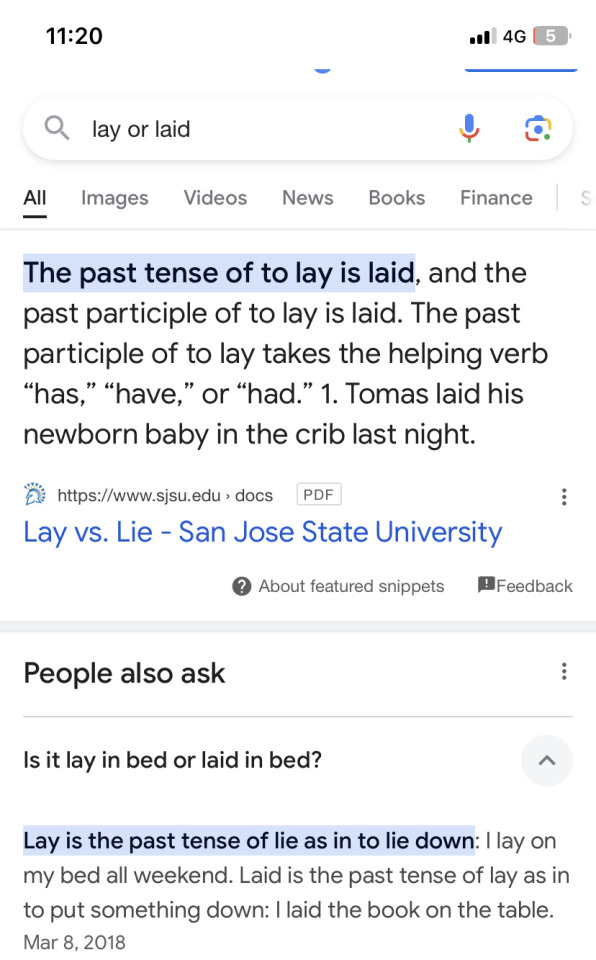
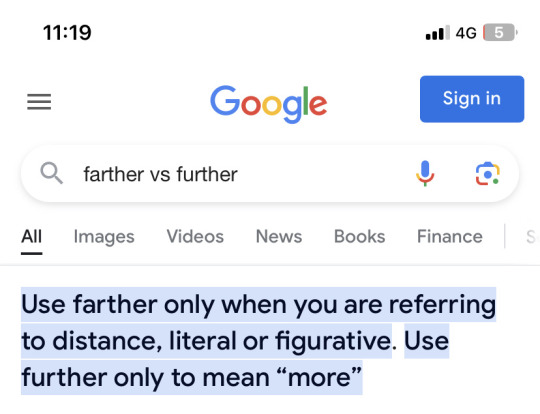
i wish i was joking dhxvshxg
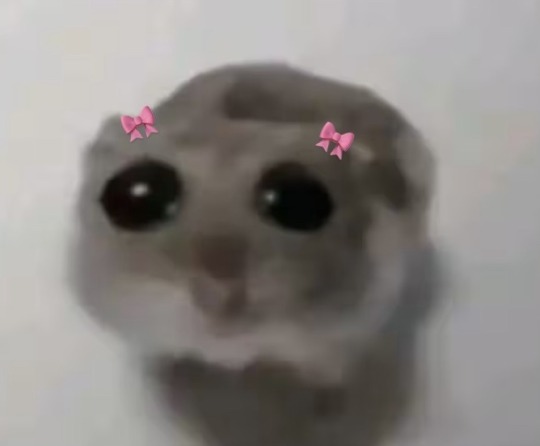
244 notes
·
View notes
Text
One of the things I love Christopher Paolini for, is giving us the collective noun for dragons: a Thunder of dragons, because of how loud the flapping of their wings is.
Absolutely perfect 💯
119 notes
·
View notes
Text
Genuine question, why do some professions (actor, doctor, sailor) end in -or, while others (teacher, baker) end in -er, despite all of these being a variant of verb+suffix
101 notes
·
View notes
Text
Please, can I get some grammar help here???
I’m looking at my discharge activity orders, and I’m foaming at this sentence.
It frustrates me, and not just because I feel good and want to drive next week.
174 notes
·
View notes
Text
English vocab you may not know
Here's a list of vocab that I've complied throughout the week. They have either been new additions to my lexicon or words that I realised I myself don't know in my target languages. Enjoy :)
Zenith = "culminating point"
Lacuna = "a blank space or a missing part"
Chagrin = "disquietude or distress of mind caused by humiliation, disappointment, or failure"
Diatribe = "a bitter and abusive speech or piece of writing"
Myriad = "a great number"
As always, all definitions sourced from Merriam Webster https://www.merriam-webster.com/
#lingblr#langblr#linguistness#linguistic#linguistics#multilingual#linguist#language#language learning#learning languages#languages#translation#:#english#british english#learning english#esl#english language#english vocabulary#english grammar#learn english#english tips
68 notes
·
View notes
Text
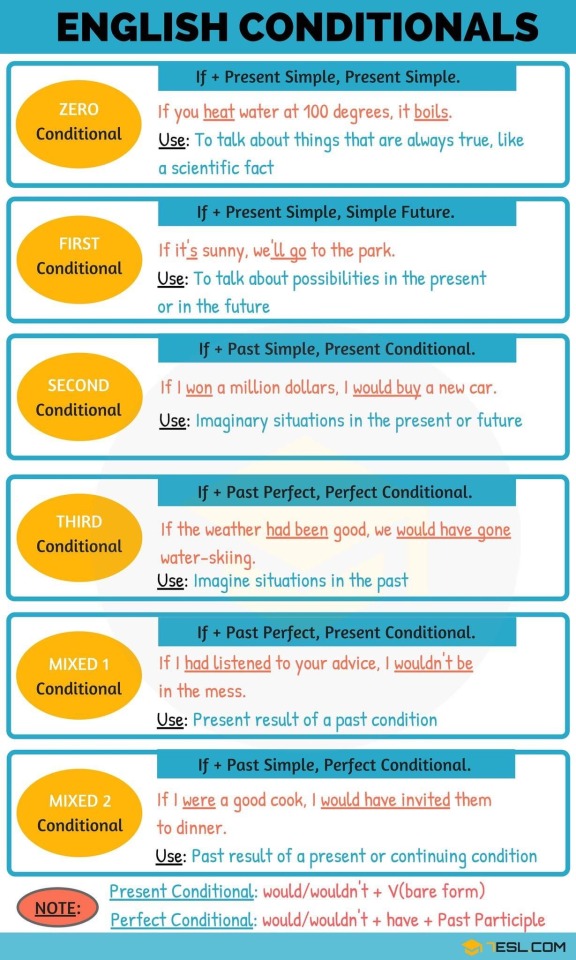
#english in madrid#english#english language#learning languages#learning english#english as a second language#english as a foreign language#english words#english grammar
20 notes
·
View notes
Text
This is driving me crazy
so I'm gonna be "that person."
"I's" is not a word
"My husband and I's car is blue".. NO. "My and my husband's car is blue" or "Our car is blue."
"My brother and I's dog is a terrier"....NO. "My and my brother's dog is a terrier" or "Our dog is a terrier"
Look at it this way: You can say "My car is blue," or "My dog is a terrier." If you are adding another person to the possessive case, you need to change the way the sentence is structured because that is how English works (I can't speak to how other languages work).
28 notes
·
View notes
Text
Saxons: hitting the blunt as hard as physically possible ok so I have an idea for how to form questions
#linguistics#linguistic#languages#shitpost#lingblr#english#english shitpost#english grammar#grammar#english grammar shitpost
23 notes
·
View notes
Text
STOP IT!
OK, I’m going to rant a bit, but it’s something that’s been bothering me for a long time. One of my special interests is the English Language. I have studied it, I have learned many of its (often arcane) rules. Most importantly I know that words have meanings. These meanings are not trivial, they change the meaning of what you say. If you use a word incorrectly, your whole statement can at best not make sense, at worse it can mean something you never intended. You can even do harm without intending to.
Take for example the word Privilege. What is the actual meaning of Privilege?

Privilege is a right, immunity or benefit granted to someone based on their status, power, wealth, position, etc. The Mayor not getting arrested for drunk driving is privilege. The idiot son getting into Yale because the family made a big donation is privilege. Privilege is based on status and is granted by someone else.
Yet, I’ve been seeing people saying “Masking is a Privilage”
NO IT’S NOT!
Masking is a skill. It is an ability some people have and others do not. Like math or dancing it is a talent someone has inside of them. It is NOT based on status and it is NOT granted by someone else. Masking is a SKILL. I can’t dance and my friend can’t do math. It would sound absurd to say that those that can have the privilege of dancing or doing math. No, they have skills that we don’t, it’s as simple as that.
The problem is not merely of semantics. It’s not merely that people are using the word wrong. The problem is the deeper meaning of the word. Privilege has a strong implication of someone doing something wrong. Most people would use the word privilege if the President took a call from his friend the real estate tycoon and helped him avoid criminal charges. They would not say the same if the President took Bill Gates’ call and helped him try to cure malaria. Privilege has an air of doing something wrong especially to benefit themselves to the detriment of everyone else. No good can come from privilege.
Yet there are those that call my masking a privilege. By doing this they cannot help but make me and others who can mask, who have that skill, feel guilty for doing it. Hey, we all have enough gilt heaped on us just for being neurodivergent. Don’t make things worse by adding more, just because we have learned some coping skills that others may not be as good at.
Stop calling masking a privilege, it isn’t.
#autistic adult#autistic community#autism community#autism#autistic experiences#autistic#neurodivergent#autistic feels#actually autistic#autistic culture#language#english language#english grammar#word meanings#words have meanings.
62 notes
·
View notes
Note
do you have any tips for making and evolving grammar? ive gotten pretty good at phonology but grammar still trips me up
The idea behind grammaticalization is that it happens in roughly the same way every single time.
The first stage is some expression takes on some additional grammatical meaning. So at one point in time "I am going to eat" met "The reason I am presently moving is I'm heading toward a place where I intend to eat". It meant something not too different from "I'm walking to eat" or "I'm heading to eat". Given that there was a clear parallelism between the logical series of events described and a grammatical notion (futurity), the expression took on an extra grammatical meaning.
The second stage is the expression becomes conventionalized, and so it feels different to use that expression vs. some similar expression. Thus, "I am going to eat" indicates futurity in a way that "I'm walking to eat" does not.
The third stage sees the expression undergoing phonological erosion. This can take many, many, MANY different forms, and it can go in stages. There are some general strategies you can use here that will apply elsewhere in conlanging. Sound changes occur here, but general only lenition/reduction, and they're not universal (i.e. they can apply only to this expression or lexical item). It may result in affixes of some type; it may result in the word itself being pronounced differently; it may result in stress or tone changes and the complete loss of the original word or expression... It depends on the shape of the expression, the phonology and phonotactics of the language, and the position of the expression with respect to the rest of the sentence.
I'll give you two examples from English. We have something like "I am going to" becoming "I'm goin' ta" becoming "I'm gonna" becoming "I'm'unna" becoming "I'm'a", which is a pretty radical reduction. On the other hand, we have "used to", which saw the [z] devoicing to [s], and the loss of the final [d]/[t] in the verb, but otherwise it remained pretty stable—still have [ju] in the beginning, and we have the option of ending with [tǝ] or [tu] still (for the latter pronunciation, consider when we use it as a response: "Do you play Warcraft?" "Well, I used to..."). The expression has definitely been reduced, but not as radically as "I am going to".
The fourth and final stage sees the loss of the original expression entirely—that is, it has no more meaning save its grammatical meaning. I don't think we've quite hit that with "going to", but we darn sure have with "used to". It's now a completely different lexical item from to "use" (compare "A remote control is used to control a television" vs. "My remote control used to work, but now it doesn't"). If you try to force the original "use" meaning into the "used to" expression, your brain twists in knots trying to figure out who's doing the use and what that has to do with past habituality.
As a conlanger, I think we look at the third stage as the most difficult, but it's something you can learn and practice and get better at. I see the first stage as the hardest. It's easy enough to identify instances of grammaticalization in one's own language, but to create novel ones? That's challenging! You have to identify common phrases in your conlang and imagine how they might get repurposed as grammatical expressions, and some of these grammatical expressions may be things that don't necessarily exist in natural languages (or things that do that the conlanger happens to have not come across). The reason is the grammatical expression results from the unique lexical combination, and the one you create may be entirely novel.
For example, I have this experience with blueberries, where no matter how they look, I swear like 50% of the time they're sour, miserable little sods. Then you take one of his brothers that looks identical and it's a sweet, perfect cinnamon roll. So you can imagine that a word like "blueberry", if mine was a common experience, might double as a modifier that means "50/50 chance this thing will be the way you want it to be". So then if you ask, "What are Steinbeck's books like?", and you could say, "They're blueberry books" (because like half of them are great, and half of them are To a God Unknown).
If that got conventionalized, it might get used with verbs, too, so you could say, "I'm going to blueberry shop for furniture at the swap meet this Saturday". And then if it gets used enough, whatever the word for "blueberry" is could reduce phonologically and become its own grammaticalized expression, but what would you call it? A 50/50 marker? Does it exist in a natural language? Some kind of "uncertain" marker, I guess? Ultimately, it doesn't matter what you call it or if it actually exists in some natural language somewhere, since what matters is how it works, and where it came from. As a conlanger, if you can demonstrate the latter, that's all you need.
So that's grammaticalization in a nutshell. Hope that helps!
#sillysanddweller#conlang#language#linguistics#grammaticalization#grammar#language creation#English grammar
163 notes
·
View notes
Text
#grammar#polls#english grammar#i was taught that if it's singular you do 's even if it ends with s#but i feel like so few people follow that#so i'm curious where y'all stand
24 notes
·
View notes
Text
antiquated singular/collective/gendered pronoun bullshit has been automatically jettisoned and is not eligible for inclusion.
#poll#english grammar#grammar#tumblr polls#you're not crazy i posted this already a couple minutes ago and deleted it because i set the wrong damn duration
66 notes
·
View notes
Text
A cathartic little grammar note resulting from a personal pet peeve:
"I's" is never correct.
I get that it can be confusing to know the correct way to phrase it when something belongs to both you and someone else.
In English we typically add an apostrophe and an S ( 's ) at the end of a word to show that it is possessive. "Bob's sandwich" is the sandwich of Bob, "the people's will" is the will of the people, etc.
However, that's not the case for personal pronouns. We say "his cat" instead of "he's cat" or "him's cat" to mean the cat of him, and we say "your hair" instead of "you's hair" to mean the hair of you.
The correct words here are "my" "your" "his" "her" "our" and "their". If you're about to say "I's", what you should say is "my".
Some examples:
Sally's house (the house of Sally)
My house (the house of me)
Sally's and my house (the house of Sally and me)
But it's never "Sally and I's house". Both you and Sally possess the house, so both you and Sally should be grammatically possessive. To make the word "Sally" possessive, we just add ( 's ): "Sally's". To make the word "I" or "me" possessive, we just say "my".
My sister's and my childhood
Mike's and my anniversary
Jen's and his money
Their and our mortality
If anyone finds this helpful instead of dry and pedantic, maybe I'll make a different post explaining why it works like this and the framework this fits into.
* Note: we say "hers" instead of "her", "mine" instead of "my", "ours" instead of "our", "theirs" instead of "their", etc if the thing we possess is only implied instead of actually said in the same phrase. For instance: "that is her house" vs "that is hers", or "this is my sandwich" vs "this is mine".
30 notes
·
View notes
Text
Why I love this hellsite:
1.) No Twitterpoos
2.) I like everyone's shoelaces
3.) Everyone here mass-hallucinating Goncharov 1973 together
4.) Everyone's a train wreck
5.) Actual 'comedy' and 'freedom of speech' allowed
6.) This is a hellsite.
7.) Most of you have probably stopped reading by now.
8.) No one noticed the presence of fullstops now.
9.) If you've made it this far, congratulations! Here's some biology for you.
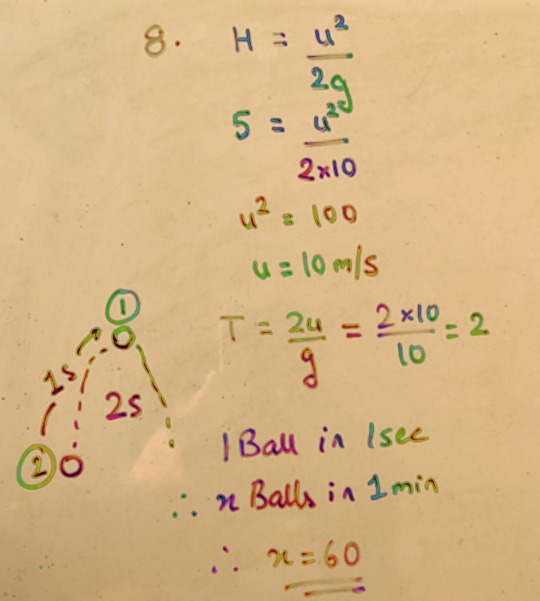
#goncharev#goncharov#hellsite#goncharov 1973#i like your shoelaces#thanks i stole them from the president#train wreck#english grammar#physics
123 notes
·
View notes
Text
Words that sre surpringly the same in other languages
Jazz (English/French/German/Dutch/Spanish/Portuguese)
Café (English/French/)Spanish/Portuguese/Italian/German/Dutch)
Hotel (English/French/Spanish/Italian/German/Dutch)
Chef (English/French/German/Dutch/Spanish/Portuguese)
Sushi (English/Japanese/Spanish/Portuguese)
Some of these are cognates. Cognates are are words in two different languages that have similar meanings. This happens because they share the same root. Some of these are just coincidences. Some of these, e.g. sushi, are examples of borrowing i.e. when a language uses a word from another language. This often happens with newer phenonmena as when something is introduced to a culture it won't already have a name in the new culture.
Sources:
livexp: https://livexp.com/blog/5-words-that-have-the-same-spelling-pronunciation-meaning-in-different-languages/?utm_source=blog-en&utm_medium=article&utm_campaign=%2Fblog%2F5-words-that-have-the-same-spelling-pronunciation-meaning-in-different-languages%2F
#lingblr#langblr#linguistness#linguistic#linguistics#multilingual#linguist#language#language learning#learning languages#languages#translation#english#british english#learning english#esl#english language#english vocabulary#english grammar#learn english#english tips
54 notes
·
View notes